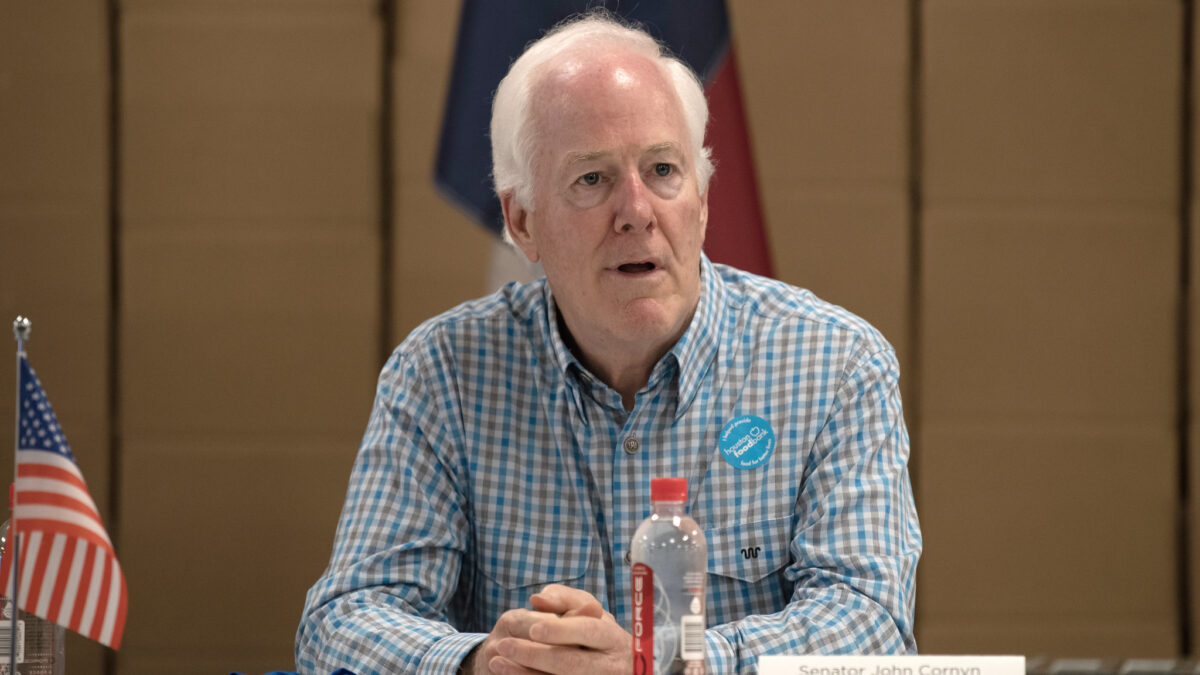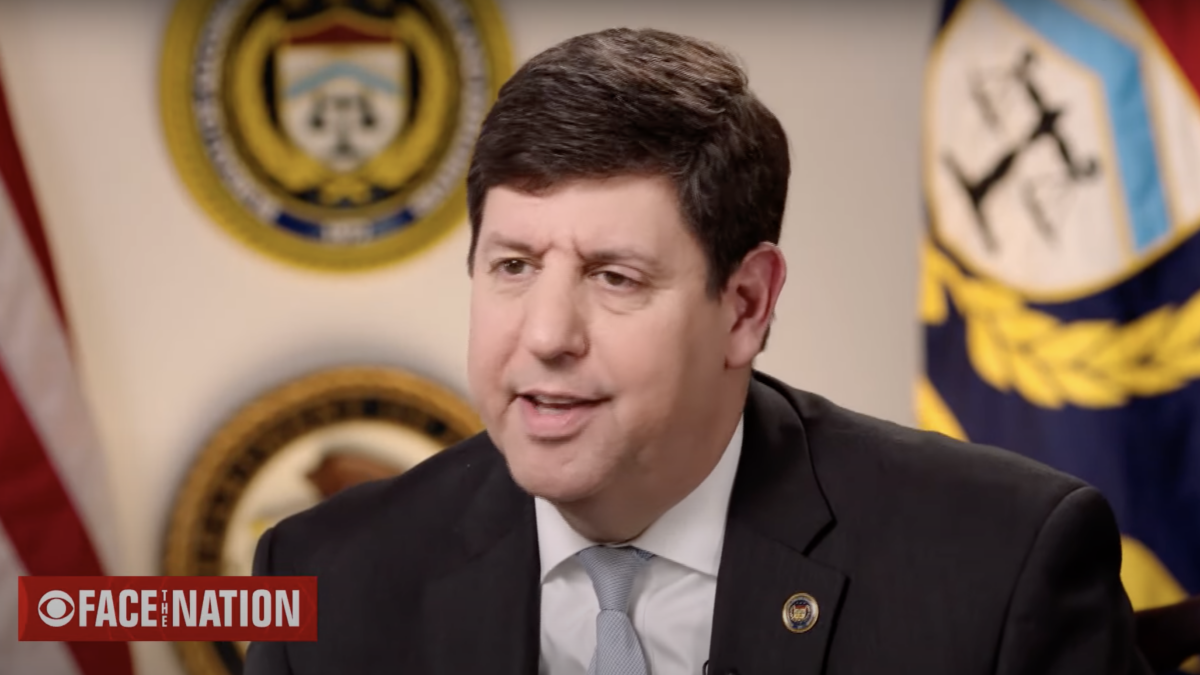
They already had sex earlier that day, but he wanted more. She didn’t want to do it again. The evening had been a disaster. Out drinking with friends—his friends. Bar hopping. Dancing. Tequila shots. He was in one of his moods, and the pot didn’t help. It all started with some guy flirting with her. He blamed her. He always blamed her. Now he wanted to mark his territory. She was his, and he had to prove it.
“Take off your clothes,” he said, sitting on the edge of the bed, sweat glinting on his forehead, his pupils dilated. He didn’t even look like himself.
She shook her head. “I’m tired, and I really don’t feel like it.”
“Come over here,” he said. “I’ll make you feel like it.”
She turned away and shoved some clothes into a drawer. “You should just go back to your dorm. I don’t want to fight.”
She wasn’t prepared for what came next. He lunged across the room and grabbed her, pulling her onto the bed and crawling on top of her.
“Get off!” she said. “I told you I didn’t want to.”
“But I do,” he breathed in her ear, ripping off her underwear. His elbow dug into her breast, and she cried out in pain. He didn’t care.
She struggled, kicking her legs. He held her down. She couldn’t believe how weak she was compared to him. Never had she felt so helpless, and it terrified her. He was too strong, too heavy, too in control. She was so angry—at herself for being weak, at him for being cruel.
“Get off me!” she cried, the tears streaming from the corners of her eyes into her hair. She remembered how it felt cool against her skin. Strange that she would remember such a tiny detail.
“You’re hurting me!” she sobbed. “Please stop!”
“I know you want it,” he said, and he pressed harder, holding her wrists together with one hand while spreading her legs with the other, his nails digging into her thigh.
“I said stop!” she yelled, hoping someone in the hall would hear. He clamped his hand over her mouth, leaving her to beat him with her fists. It didn’t faze him.
“Feel that,” he whispered. “He could never make you feel like this.”
She couldn’t speak. She couldn’t move. All she felt was him, as if she didn’t even exist. Over and over again. She thought it would never end.
When it did, he passed out, snoring as if nothing had happened. She slipped out from under him, pulling on her clothes, shaking, forcing her legs to move, rage ripping through her. That’s what she would always remember so clearly—the rage she felt. He had betrayed her, and there was nothing she could do about it. Nothing.
In that moment, as she looked at him lying on the bed, she wanted him to pay for what he’d done. She glanced over at the phone. Should she call the police? No, she didn’t want to get them involved. This was personal.
He groaned and turned over, still snoring. She ran to the bathroom and shut the door. She wiped herself off and slumped to the floor, rubbing the tears from her eyes. Anger and shame pounded in her temples. She imagined, for a moment, hurting him like he had hurt her. She pictured him bleeding, his eyes open, staring at her face—the last image he would ever see as he slipped from this world. She hated him for making her feel this way, for thinking such hateful thoughts—becoming, in a way, like him.
Most College Victims Know Their Rapists
That’s what many rapes look like on college campuses. According to the Bureau of Justice Statistics (BJS), college-age female victims know their offender 80 percent of the time. It’s not surprising, then, that the same percentage of victimizations among students goes unreported to police. That doesn’t mean it’s always a boyfriend. It could be just a friend or acquaintance (50 percent). Contrary to the erroneous claims of researchers, most campus sexual assaults aren’t committed by serial predators.
From 1995 to 2013, more than 90 percent of rapes and sexual victimizations of female students were committed by a single offender, rather than a group of offenders. Student victims were more likely than non-student victims to state that the incident was not important enough to report. Like the girl in the account above, they considered it personal.
The problem of sexual assault on campus has been an issue of heated political debate. Hillary Clinton recently said more needs to be done to protect women on campus: “There needs to be a decision in our country and on every college campus that any woman who reports an assault should be heard and believed, and there should be a process that is in place — not made up every time that something like this happens — to examine what she is saying, to begin to hear from people to make some kind of decision that is viewed as fair to everybody, because it does need to be fair to everybody. But many women like her feel that they are basically being asked to remain silent. That nobody wants to hear from them, that nobody wants to believe them, and nobody wants to have the comprehensive services that they need.”
Clinton didn’t go into detail about what “comprehensive services” should be put in place, but she is missing one important element to this debate. Most women don’t report sexual assault, not because they’re ashamed or because there isn’t help or counseling to be had, but because they know the person who did it. It’s a friend, an acquaintance, a boyfriend, and they just don’t want to get the police involved.
Beware Adding Guns to Volatile Relationships
Some gun advocates have suggested that the solution to sexual assault on campus is to put a gun into the hands of female students. S.E. Cupp writes that denying women the right to defend themselves with guns is “madness,” and she wonders when it will end. “When will feminists demand that women on college campuses be allowed to protect and defend themselves against sexual assault?”
Michele Fiore, a Nevada legislator who is pushing a campus-carry bill, said, “If these young, hot little girls on campus have a firearm, I wonder how many men will want to assault them.”
Jade Reindl and Jean Cocco think such a statement is ridiculous and argue that “the presence of a gun in a domestic violence situation increases the woman’s risk of dying by homicide by 500%. That means we need to keep guns away from domestic abusers and off campus to begin with.”
While Reindl and Cocco have a valid concern, the option to ban guns completely flies in the face of our right to bear arms in order to protect ourselves. But the reference to domestic violence in this context is noteworthy as we consider how to apply the law at colleges, because most sexual violence on campus is more like domestic violence cases, and a complexity of circumstances involving abuse, anger, dysfunctional relationships, drinking, and drug use.
It’s also important to point out that rape and sexual assault actually don’t happen as much on college campuses as many have assumed. While it has been reported that 1 in 5 female college students are victims of sexual assault, the actual rate, according to BJS, is 6.1 per 1,000 students, making the real number 0.03 in 5.
Of those incidents, 80 percent of the assaults involve someone known to the victim. To arm women in these instances—and considering that drugs and alcohol are often a part of the mix—could create more violence and tragedy, not less. Given these realities, when we debate this issue, it’s best not to use sexual assault on campus as a reason to push for less gun restrictions.
Easy Sexual Access Is the Root Problem
When asked years later whether she wished she’d had a gun the night her boyfriend raped her, the woman in the story above said no. “I probably wouldn’t have been able to get my gun anyway—it happened so fast—so it wouldn’t have stopped him from raping me. Even if I could have gotten to it, what would have happened? Would he have wrestled the gun from me and killed me? Would I have shot him? Did he deserve to die for what he did? I don’t think so—at least that’s how I think now.
“But what scares me most is what I would have done afterward—if I’d had a gun. Would I have shot him? I can’t tell you how angry I was—it has stayed with me for years. A deep rage that resurfaces at times for no apparent reason. It’s like a monster was born that night, a monster that’s haunted me ever since, turning inward. But, no, I’m glad I didn’t have a gun. If I did, I might have killed him. Imagine what the monster would have looked like then. The man I once loved wouldn’t have gone on to graduate, to live a wonderful life, to marry another woman, and to be the good husband and father he came to be. His life would have ended because he was foolish. Cruel, yes, but foolish. And so was I.”
We have an environment on college campuses where sex is common, with students failing to exercise self-control. When dealing with the fallout of this irresponsible behavior, administrators act like hovering parents instead of school officials, debating about disciplinary procedures in response to rape instead of calling the police. All the while, nothing is done about alcohol and drug abuse on campus, and too often men are targeted and not given due process.
Trivialization and Hype Doesn’t Help
Add to the mix the heightened rhetoric surrounding sexual assault and rape on college campuses, creating a distorted view of what’s really happening. We have wishy-washy standards recommended by the U.S. Education Department’s Office for Civil Rights on what constitutes rape—that institutions should consider sexual assault allegations under the “more likely than not” standard of evidence, rather than the current and more stringent “clear and convincing” standard.
Then there are Hollywood documentaries adding fuel to the fire by saying most of these victimizations are the result of a predator at work, plying women with alcohol; lies about rape on campus, detracting from the plight of real victims; women’s studies classes teaching that men are guilty until proven innocent; and students carrying mattresses across campus because college administrators are indifferent to the “rape epidemic.” And don’t forget the “It’s On Us” initiative from the White House, creating a panic about sexual assault on campus, and the U.S. Department of Justice including “attempted forced kissing” in its statistics, even though the DOJ admits this isn’t classified as criminal behavior.
All of this stirs the pot and makes it seem like every guy (especially if he’s a frat boy or an athlete) is a rapist. Then, in the midst of this mayhem, we have pro-gun lawmakers wanting to get guns into the hands of students so they can protect themselves from the rapist hiding behind every bush. This combination could have tragic consequences unless some sobriety is brought to the discussion.
What Can We Change?
What we need to do as a society is stop the rhetoric about a rape epidemic and call it what it is: a hook-up culture, composed of anything from foolish physical advances to date rape. If we’re going to allow (and even encourage, as some do) sexual freedom on college campuses, we need to let kids endure the harsh and painful consequences of that freedom—and take personal responsibility for their actions. When it comes to lifting gun restrictions, we need to talk in terms of serious violent crime, and not incidents where a girl is going to end up killing her boyfriend in her dorm room.
When we consider lifting gun restrictions on college campuses so people can protect themselves from criminal behavior, we shouldn’t think of that girl in the story above, as harsh as that might sound. We should think of women like Eve Carson, a Morehead Scholar at the University of North Carolina-Chapel Hill, community service volunteer, and student body president, who was shot and killed by two local men in 2008.
They abducted her as she was getting into her car. Later, after she pleaded with them not to kill her and begged for them to pray with her instead, they shot her repeatedly in the middle of a Chapel Hill street. One blast was to the head, making her unrecognizable.
If only she had a gun in her purse, maybe her life would have been saved. This beautiful young woman who had so much to offer might still be with us today, becoming the physician she’d always dreamed of, if only she’d had the ability to protect herself. My alma mater still grieves over her loss.
Whether it’s the death of Carson, the kidnapping of Hannah Graham, the mass shooting at Virginia Tech, or the murder of nine people at an Oregon Community College, these are the kinds of crimes people should be thinking about when they advocate for guns on college campuses—not date rape or the hook-up culture.









